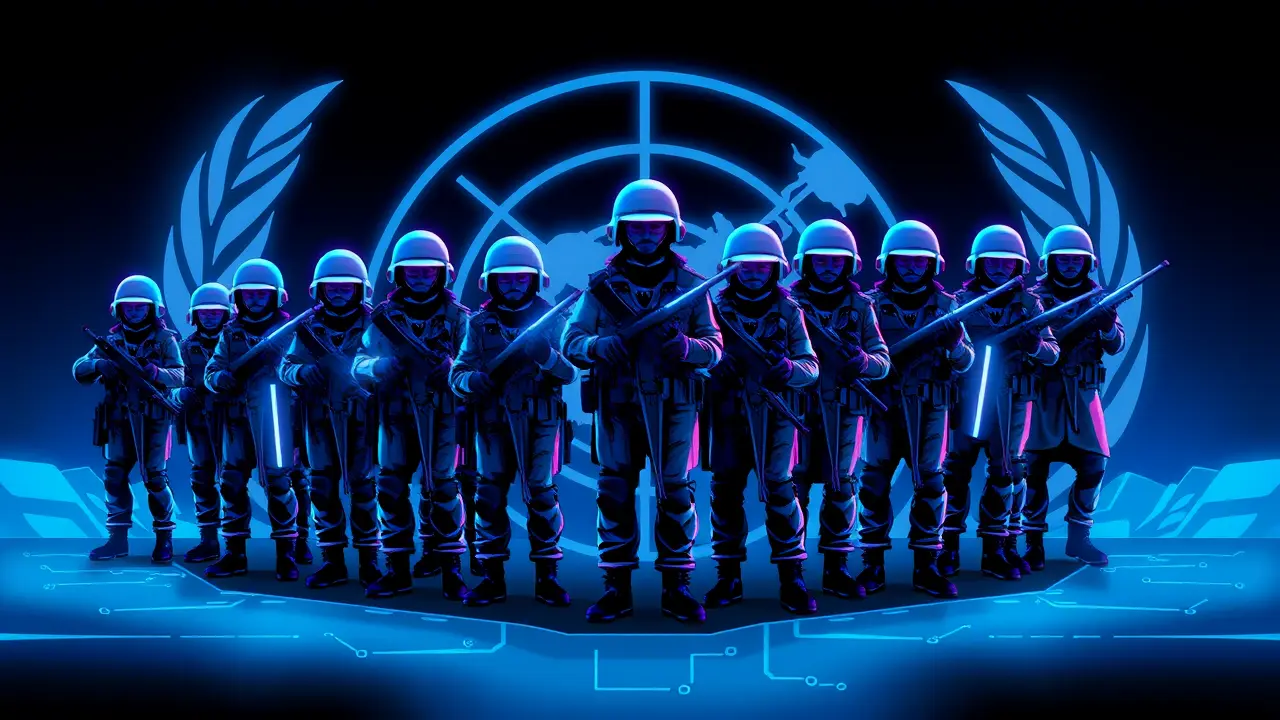UN Reduces Peacekeeping Force by 25% Due to US Funding Cuts
The United Nations will commence a devastating 25% reduction of its global peacekeeping forces, a direct and brutal consequence of severe funding cuts imposed by its largest donor, the United States, a senior UN official confirmed under condition of anonymity following a private, tense briefing on Wednesday. This isn't just a budget line item; it's a decision that will forcibly extract thousands of soldiers from the world's most fragile and violent hotspots in the coming months, leaving communities teetering on the brink of conflict suddenly exposed and unprotected.The implications are catastrophic and deeply human. Imagine the blue helmets in the Democratic Republic of Congo, where they provide a fragile shield against a mosaic of militant groups, or in South Sudan, where they protect civilians from a cycle of ethnic violence—these are the missions now facing an existential threat.This withdrawal echoes the painful lessons of the 1990s, most horrifically in Rwanda, when the international community stood by, and the Srebrenica massacre, where a UN-declared 'safe area' became a killing field due to insufficient force and political will. The US decision, driven by a longstanding domestic political impasse over UN funding and a growing isolationist streak, doesn't occur in a vacuum; it actively dismantles a seventy-year-old pillar of international security.Experts are already sounding the alarm: Dr. Anya Petrova, a former UN peacekeeping advisor now at the International Crisis Group, stated bluntly, 'This isn't a budget cut; it's a calculated risk with human lives as the currency.The power vacuums created will be filled immediately by armed factions, reversing years of painstaking, fragile progress and almost certainly triggering new waves of displacement and atrocities. ' The consequences will ripple far beyond the immediate conflict zones, potentially destabilizing entire regions, creating fertile ground for transnational crime and terrorism, and forcing a massive burden onto already overwhelmed humanitarian organizations.For the nations contributing troops, often from developing countries for whom UN reimbursements are a critical source of income, this represents an economic and moral blow. The narrative here is not one of abstract fiscal policy but of a broken compact, a failure of collective responsibility that will be measured not in dollars saved but in the lives lost in the silence that follows the peacekeepers' departure. This is a retreat from global stability, a chilling signal that the world's most powerful nations are no longer willing to pay the price for peace, and the bill for this decision will be paid by the most vulnerable among us.
CU
CuriousNomad12 hours ago
wow this is a heavy read, would love to exchange ideas on this topic tbh the direction is fascinating but also terrifying
0
© 2025 Outpoll Service LTD. All rights reserved.
